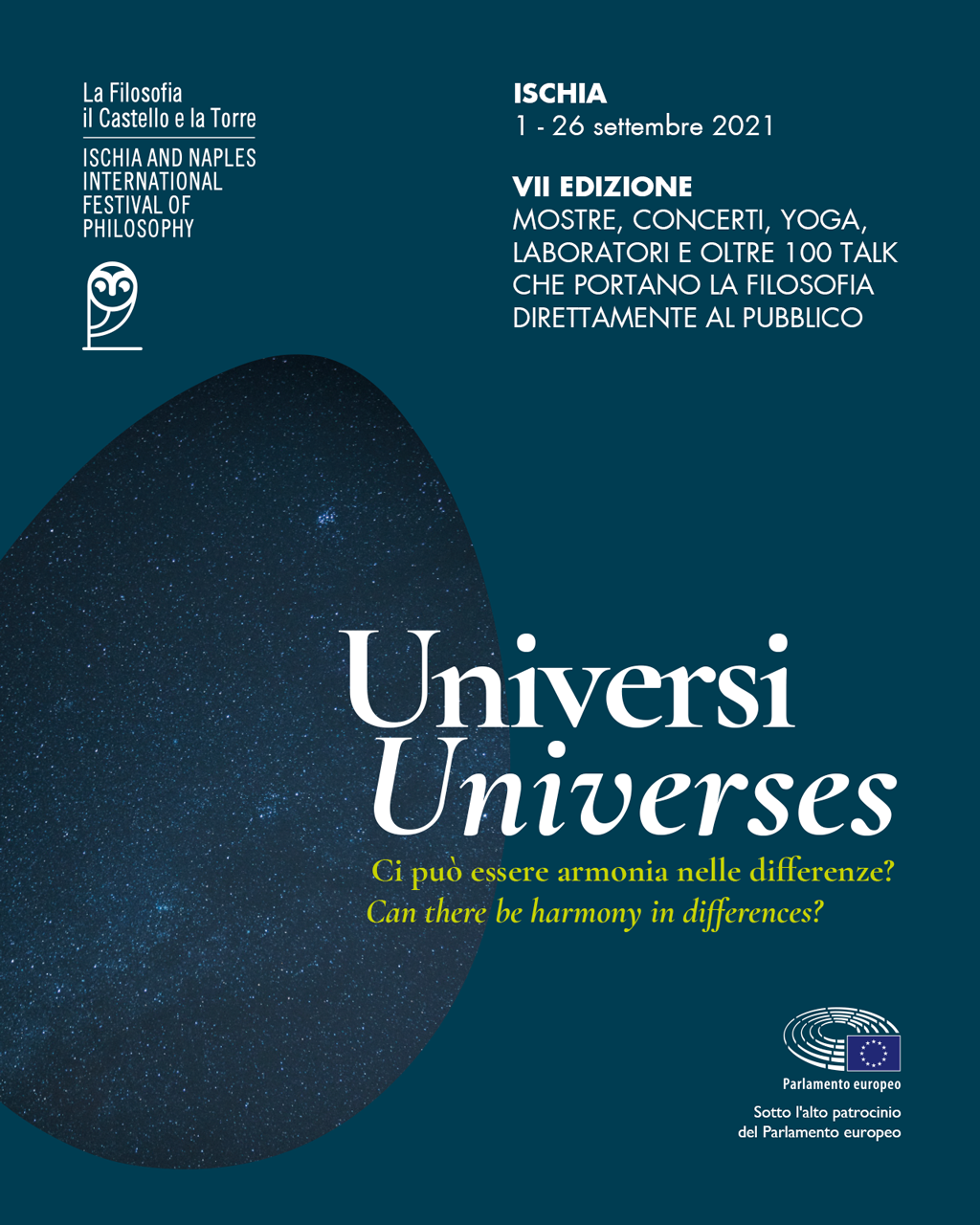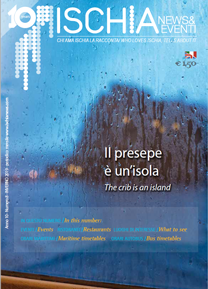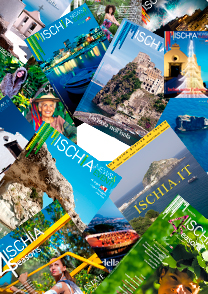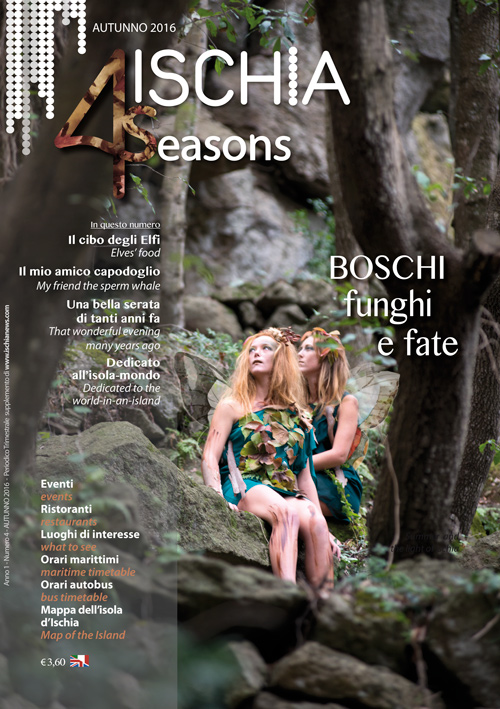La Filosofia, Il Castello e la Torre
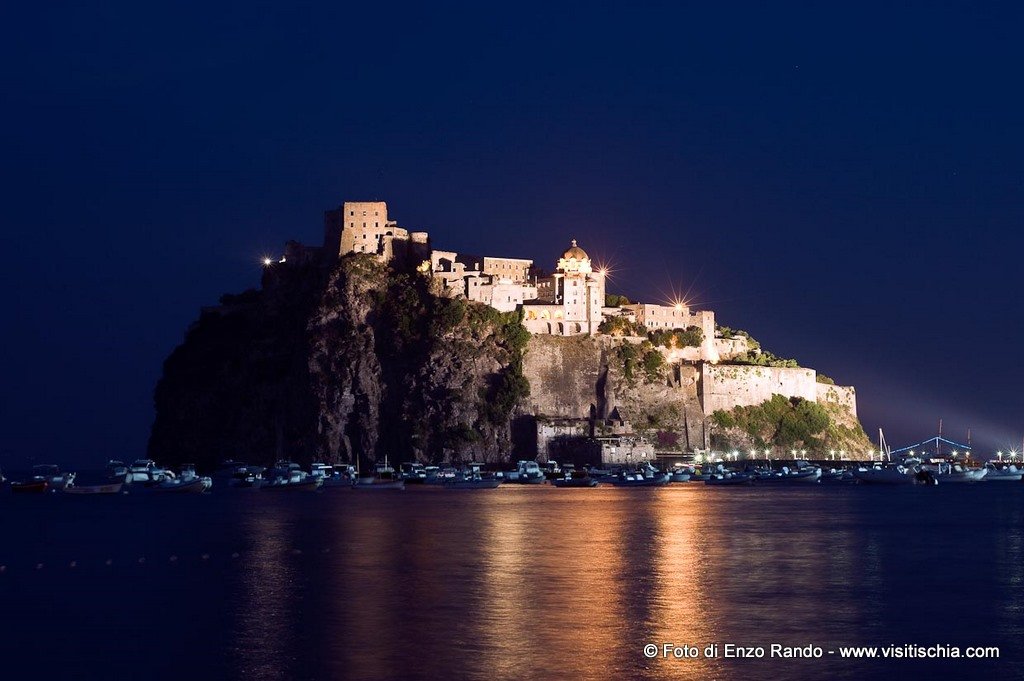
La Filosofia, Il Castello e la Torre - Ischia and Naples International Festival of Philosophy,
Summer School of Humanities and Young Thinkers Festival 2021
VII Edition 19-26 September 2021
The Association InSophia, in collaboration with the City of Ischia, the CRF – International Centre for Philosophical Research, the University of Toronto Mississauga (Visual Studies Department), and with the patronage of the City of Naples, the Circle “G. Sadoul”, the Italian Institute for Philosophical Studies
the FISP (International Federation of Philosophical Societies) and the Department of Humanities at the University of Palermo, are delighted to announce the seventh edition of the International Festival of Philosophy “La Filosofia, il Castello e la Torre”, to be held in Ischia. The Festival’s main venues will be “Giardini La Mortella”, the Aragonian Castle, the Guevara Tower and the Biblioteca Antoniana.
Universes: Can there be harmony in differences?
Human beings have always wondered about their relation to the universe—about the origin of life itself and the coexistence of its different forms. Isolating the precise moment when all of this started is complex to say the least. With the theory of the Big Bang (1948), science places the birth of the universe about 13.7 billion years ago, describing its evolution in an order of elements that, from the void, gave rise to a constantly expanding universe—one constantly expanding universe.
Philosophers were the first to identify the physical or metaphysical principles from which the universe originated, unique and determining principles that hold—as substance—for all matter. The One turns towards the All and All turns towards the One. The darkness of space becomes the manifestation of a dialectical and existential battle that has sometimes found a partial home in the mystical visions of Eastern and Pre-Socratic philosophies, marking a necessary passage from chaos to order: the word kosmos in Greek means “order,” and it is precisely in this system that life originated, ordering itself. The concept of “the universe” puts rational beings, both physically and metaphorically, on the proving ground of reason. It is rational—science affirms—yet all this does not satisfy the human tendency to seek a relationship with the unknown, the infinite, and indeterminacy.
Philosophy and science have always measured themselves against this investigation, at times collaborating, at others disputing each other. And if, on the one hand, philosophy has given rise to some very important ideas, devoid of empirical relationships and starting solely from intuitions of a metaphysical nature, on the other hand, science has generated, on the basis of these proto-scientific intuitions, some of the hypotheses and theories that have reached their full realization in the twentieth century. From the days of Heraclitus to Newton, there have been many revolutions that have followed upon one another and that have, slowly and inexorably, removed human beings from his central position in the cosmos, undermining the singularity of the only (?) form of “intelligent” life that populates the darkness of space.
One of the theories we take as a prime example is that of the Multiverse, which in some respects comes close to the vision of the Nolan philosopher Giordano Bruno: there exist infinite worlds in an infinite number of bubbles or universes, all generated by a primary universe. With precisely this line of investigation in mind, the Ischia and Naples International Festival of Philosophy launches the ethical challenge of this year’s gathering: exploring the question of the coexistence of differences, of plurality, and tracing a path that leads toward a practical vision of harmonies.
Whatever point of view you prefer, it’s astonishing to think of how this universe has allowed our shared life to come out—to emerge, in the etymological sense of the term—in a fine tuning that accords the harmonic unfolding of differences. Within this dark space, which projects us so much into our consciousness, there are forces, energies contrasting with each other, which determine the ways of being of the matter of which we are made, together with the stars and all the celestial bodies. And it is precisely in their opposition that they create another from themselves, organizing the elements in a heterogeneous synthesis.
Confronting the universe means, for this reason, confronting oneself, confronting the One and the Multiple, confronting the space of irrational differences, of incommensurables, of our intellect, but above all, of our limits. The dark night of the galaxies becomes the preferred place of human becoming, of its transience, declaring the ontological loneliness of all living beings.
But how are individuals ordered in the projection that represents the universe? How do we manage our ethical microcosm, which today more and more tends to distance us from both harmony and each other and—like the universe itself—from balance? Is the claim of a knowledge of the All, and of a Self-Consciousness that can rationally understand and include these opposites, decisive? Does the intrinsic structural intelligence of the matter of which we are formed tend towards progress or decay? To put it simply, does the substance of which we are made determine our way of being human?
To what extent do research and progress lead us to consider the universe as an ecosystem that is deteriorating? Can we make a real change, overcoming our sinister system of unbridled consumption, of which both the planet and we ourselves are the conscious victims? Is there a cure for human self-centeredness? Will it be enough to plan the escape from planet Earth?
To put philosophy and science into dialogue, human differences—differences that are physical, political, gendered, and generational, namely, the immense envelope of cultures—is the main task to which we dedicate the seventh edition. We are part of the Whole, but we can only know a part of the Whole. Tomorrow we could all be different.
Topic Areas:
The scientific committee is open to applications coming from a range of different disciplines, including everything from philosophy to the arts, from biology to politics.
www.lafilosofiailcastellolatorre.it
